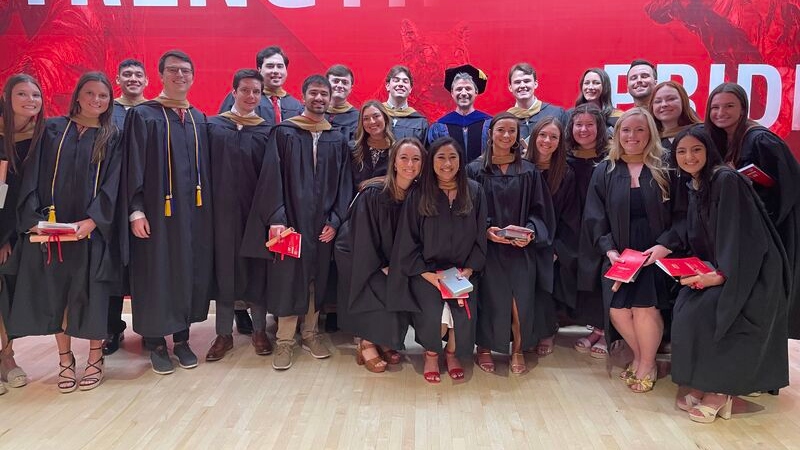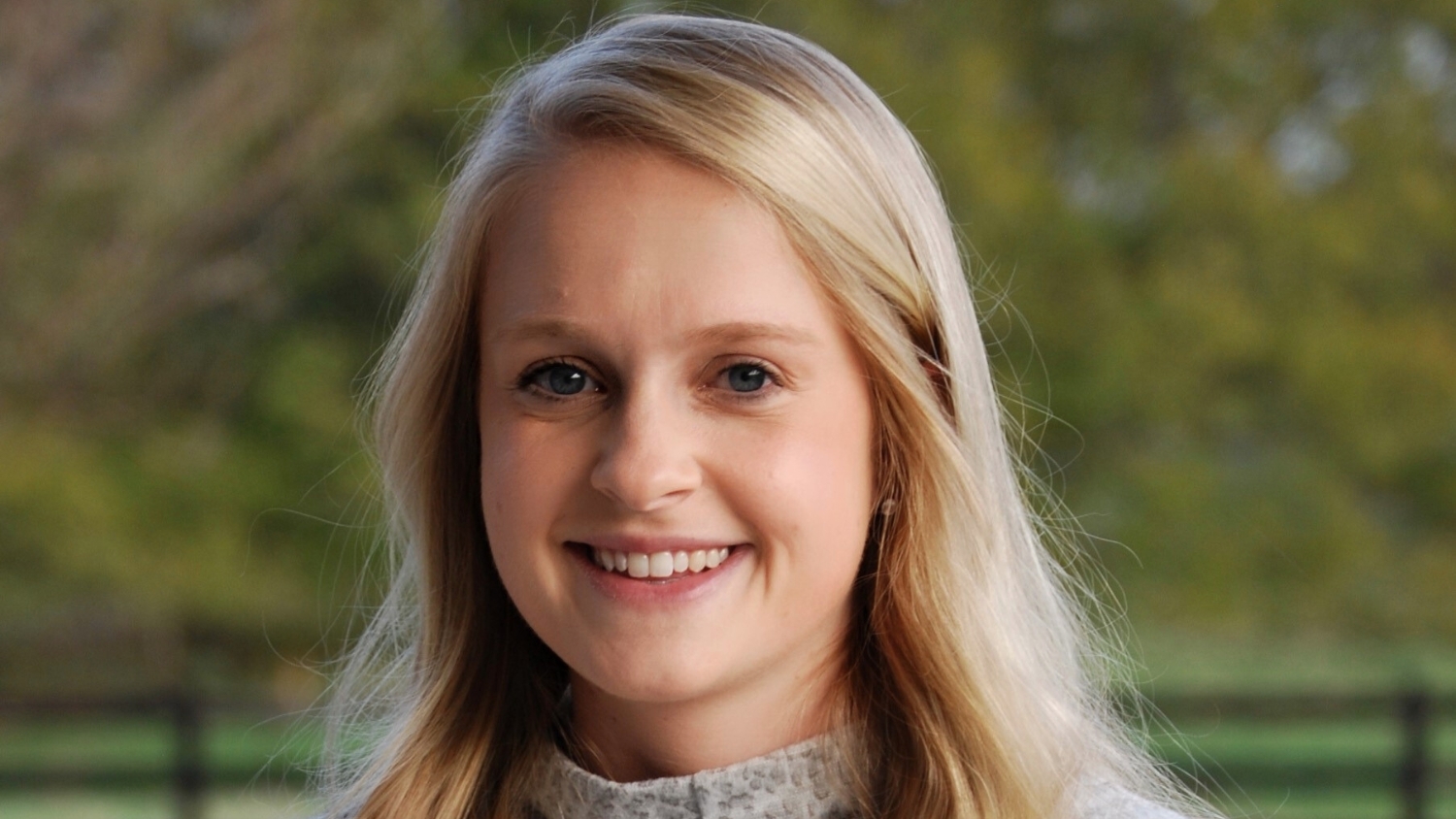MAC Student Mentorship Program Fosters Deeper Connections and Career Development
Discover how the Jenkins MAC Student Mentorship Program uniquely blends professional development and personalized mentorship, fostering deeper connections and career readiness among accounting graduates.

With a future-focused curriculum, real-world opportunities and three specializations to choose from, the Jenkins MAC program prepares MAC graduates to hit the ground running. But when it comes to professional development and career advancement, Jenkins MAC faculty recognize that what students need most is meaningful connections and a supportive community.
That’s where the MAC Student Mentorship Program comes in.
Upon entering the Jenkins MAC program, each student is assigned a faculty member who serves as a mentor as they complete their MAC degree. Students can choose how often to engage with their mentor, but the program ensures each student has someone to guide them through the program and help them prepare for a successful career in accounting.
“It provides students with built-in support that’s flexible and individualized to suit their needs,” says Bonnie Hancock, former executive director of the Enterprise Risk Management Initiative and one of the faculty mentors. “Mentorship can look different for different students and faculty members, but it gives students access to a faculty member who can offer personalized advice about managing the demands of the MAC program, interviewing and making career choices.”
“[The mentor program] gives students access to a faculty member who can offer personalized advice about managing the demands of the MAC program, interviewing and making career choices.”
For Hancock, that looks like gathering mentees together a handful of times over the course of a semester – typically over brunch or dinner – and setting aside additional time to meet with students individually. One-on-one mentorship allows her to address mentees’ individual needs, while the group gatherings foster meaningful conversations and lifelong connections between students.
“When I gather my mentees together as a group, they have a support network of other students who can share experiences or advice with each other. I think this is especially helpful for students who didn’t go to NC State for undergrad, as it gives them extra support as they come into a new environment without an established social network,” Hancock says.
“It is also a great opportunity for distance education students. This spring, I had four distance students come to Raleigh from out of town to attend a mentee event. They had worked on teams together remotely but had never met in person. That event provided the opportunity for them to connect with one another as well as with students in the on-campus program,” she continues.
The mentorship program was first launched during the pandemic to provide extra support to students and ensure nobody fell through the cracks – but after realizing just how valuable it was, MAC faculty decided to make it a permanent fixture of the program. In addition to supporting individual growth and fostering a welcoming, inclusive community, the mentorship program creates opportunities for Jenkins MAC faculty to share best practices with current students and facilitate valuable industry connections.
“Many of the faculty hold networking receptions where they talk to students about strategies for navigating the program, studying for the CPA exam and starting their careers off on the right foot,” says Nathan Goldman, associate professor of accounting and MAC faculty mentor. “I also like to invite former MAC mentees to come and network with the current MAC students. This gives current students an opportunity to grow their professional networks in an informal setting.”
According to Hancock, making these connections between students and alumni plays a key role in helping students evaluate various career paths.
“I have really enjoyed the opportunity to talk through different career opportunities and provide a perspective that a student may not have considered – and connect them with alums who can give them feedback about a particular career path. I recently had a mentee who wanted to either start her own firm or go work with a small firm, and I was able to connect her with someone who had taken that path so she could get a better idea of what that looked like,” she says.
“Our program has built a reputation of having approachable faculty who really care about their students. The mentorship program is another way to build on that strength in a way that I don’t believe you will find in other programs.”
Another benefit of the program, Hancock says, is that it improves her instructional quality and enriches the classroom experience for students.
“I view mentorship as a two-way street. By listening to students’ observations and pain points in their MAC classes, I get ideas of ways I can make my classes better. I also sometimes ask students directly for their opinions on different options I am considering for my MAC classes. So it really is a multi-dimensional experience,” she says.
While students are not required to take advantage of the mentorship program, Goldman says the vast majority do – and some even reach out to additional faculty members to gain the input of multiple mentors and expand their networks.
“The Jenkins MAC program is a very special program. Not only do students receive the Think and Do experience with our stringent academics and excellent applied work, but they have the opportunity to do so while forming a tight community,” he explains. “To get the most out of the program, students need to buy into the atmosphere of support that the mentorship program offers. When they become part of the community, they get so much out of their time.”
Hancock agrees.
“Our program has built a reputation of having approachable faculty who really care about their students. The mentorship program is another way to build on that strength in a way that I don’t believe you will find in other programs.”
- Categories:


